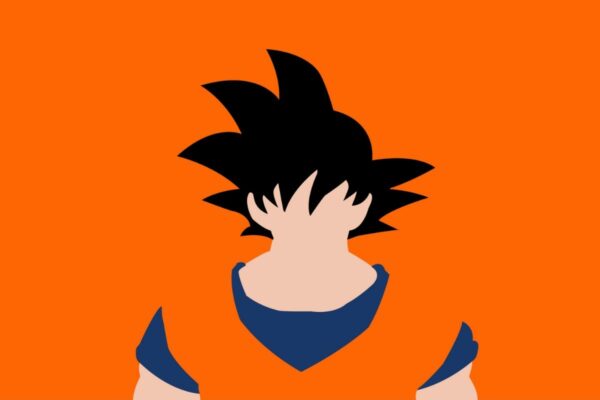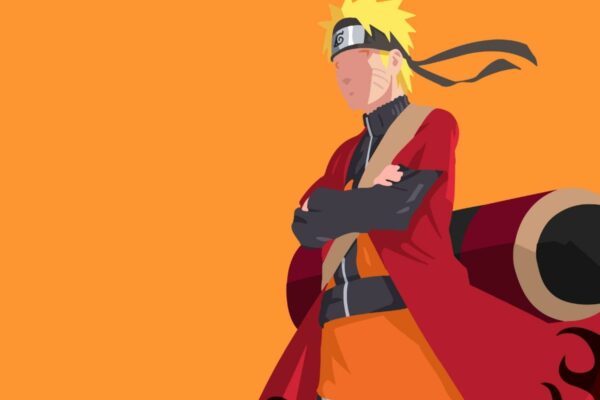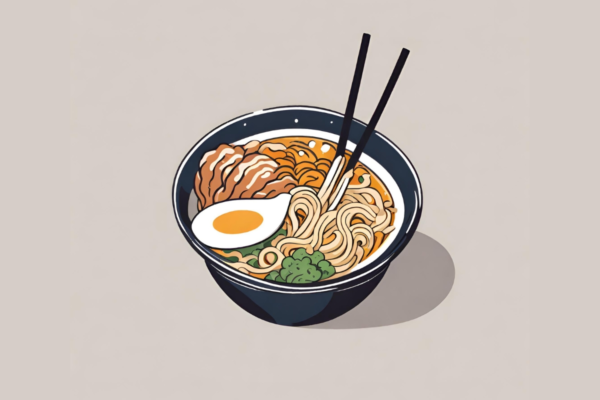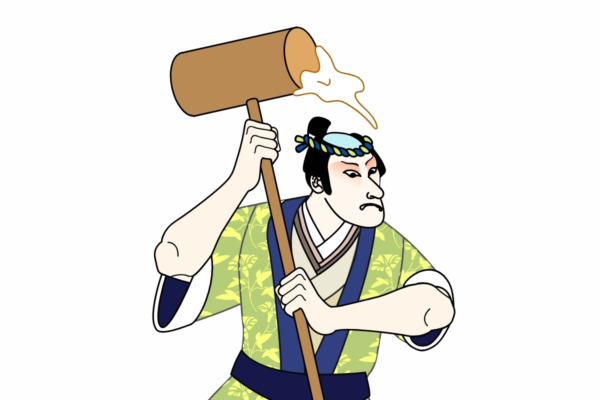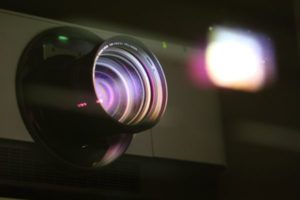The best way to describe Sion Sono’s cult film is four hours of pure chaos. Through swinging camera movements and uncomfortable close ups, including the high-speed zooms that have tinges of a Tarantino film, Love Exposure sways between comedy, drama and bizarre, gory action. Prepare to be confused.
The Storyline
We start on Yu, a 17-year-old son of a priest who has lost his mother – the image of the Virgin Mary to him and the first person he’s desperate to please. He becomes addicted to committing sins he can serve up to his father in confession in order to be forgiven. It’s the first bastardisation of a parental-child relationship that seems to pop up in various places throughout the film.
In a bid to keep upping his game and really get a rise out of his emotionally stunted father, he turns to perversion. Here, Love Exposure moves into absurd territory, which it constantly dips in and out of. Yu learns the art of upskirting – that is, taking photos up women’s skirts and dresses. He dedicates himself to it as if it were a religion, and eventually becomes God-like among his peers in his talents for taking unsolicited photos.

It’s at this point, which is about an hour in, where we get the opening title. And our next leading character appears. Koike is irreverent and menacing. She is constantly flanked by two disciples in matching outfits, but she’s the leader of the pack. She crosses paths with Yu, and the rest of the film unravels the way she’s trying to manipulate him. After realising what he’s been up to, she recognises him and his family as a target to recruit into her cult. It’s a pseudo religion, led by one guy who doesn’t really get much backstory but seems to look like what you’d expect a cult leader to look like. Koike is volatile and unstable, an agent of chaos. She’s the antagonist in this – the bad guy despite Yu’s violation of so many women.
So, for a little while the two characters exist side by side. And there is a little while, because the length of this film really allows for each story to be told fully. It was originally six hours, so this is the cut-down version. But Love Exposure can never really be called boring. It’s so manic that you can never predict where the story will go.

When Yu loses a bet to his friends, he has to dress as a woman in public, go up to a girl he likes and kiss her. Conveniently, he bumps into Yoko, a girl surrounded by a gang of men threatening to fight her. She’s a serious fighter herself, but Yu, who is dedicated to finding his own Virgin Mary, sees her quoting the Bible and stood loosely veiled like his own Mary statue, immediately becomes hopelessly devoted to her. He helps her fight off the gang under his feminine guise and draws her in for the promised kiss. For Yu, he’s found his one true love. For Yoko, she’s had a sexual awakening, realising she’s a lesbian and in love with this mysterious woman named Miss Scorpion who has saved her.
The Themes

The crux of the story is the cat and mouse game between these two. It’s twisted and morphed by Koike (she was in the background at the fight, scheming), but also by the running storyline of Yu’s father and his romance with an eccentric churchgoer. His emotions are completely determined by this woman’s presence, and the woman turns out to be Yoko’s stepmother. So, a Frankenstein’s monster family is created with a father, son, step-mother and step-daughter, where the son has secretly fallen for the daughter and vice versa, even though she doesn’t know it yet.
It goes places you don’t think it will. Like Yu and his friends getting recruited by a porn agency, or a bomb plot at the headquarters of the cult, or the institutionalisation of our lead character – who forgets himself and takes the form of his female alter-ego Miss Scorpion.
There’s a damsel in distress and a samurai sword-weaponised plot to save her, there’s tons of spurting blood and ‘70s style guitar riffs playing under those scenes that scream Tarantino’s influence. But there’s lots of other themes there too, the characters are all drawn together by religion and their respective aversions to it. Piety and the perverse are put side by side, and it turns out they aren’t that far apart.
The film swings somewhere between being serious and really feeling like there’s a message behind it, to being a mockery of traditional formats – for example when our lead character, Yu, gives an impassioned speech about why he is, indeed, a huge pervert.
It’s an award-winning film that’s widely thought to be Sono’s best creation. Admittedly, it’s not the kind of film you’d be sitting down to after a long day at work unless you’ve got some serious stamina, but it certainly provides escapism. Love Exposure is set in another world, even if it looks and feels like ours. And it’s not a world you’ll visit at any other point.
Watch Love Exposure on BFI Player
Love Exposure is available on BFI Player, and is updated with new classic and contemporary Japanese films.
Note that BFI Player can also be accessed on Amazon Prime Video, Apple TV, and Roku (US).









